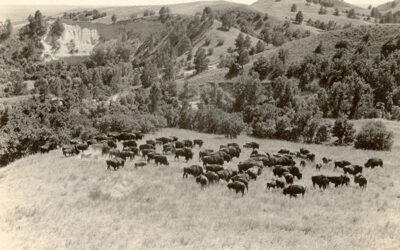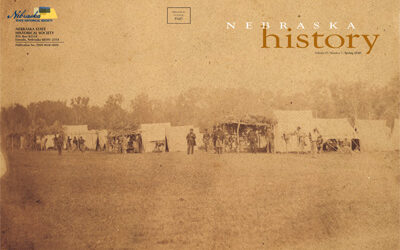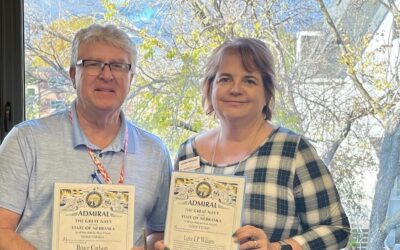The Uriah W. Oblinger Collection, donated to the Nebraska State Historical Society in 1958, includes 318 letters (1862-1911). At the heart of this correspondence lies the story of land and its settlement, of Uriah’s lifelong attempts to settle on a farm of his own. Principal writers include Uriah, Mattie Thomas (Uriah’s first wife), Giles Thomas (Mattieís brother), Laura Bacon (Uriah’s second wife), and the Oblinger children.
Uriah W. Oblinger was born May 14, 1842, in Ohio. The family moved to Indiana in 1843. His first wife was Martha Virginia “Mattie” Thomas. During Uriah’s service in the Civil War, he corresponded with Mattie as did Giles Thomas, her brother. A number of letters survive from this period.
Mattie and Uriah were married on March 25, 1869. In the fall of 1872, Uriah and two of his wife’s brothers, Giles and Samuel Thomas, settled on homesteads in Fillmore County, Nebraska. Uriah’s letters between September 1872 and May 1873, when Mattie joined him in Nebraska, paint a vivid picture of the homesteading experience. After Mattie died in February 1880, Uriah returned to Minnesota. On October 30, 1881, he married Laura Iona Bacon and in 1883, returned to Nebraska and rented a farm about a mile and a half south of his original homestead.
By April 1886 the Oblinger family had moved to Gove County, Kansas. Laura broke her arm in January 1887, and went to her parents’ home in Minnesota for treatment. Many letters survive from this period. Laura returned to Gove County in 1887. By the spring of 1891 the Oblingers were living on a rented farm near Wheatland, Missouri, where they stayed until 1894.
After the Missouri venture failed, Uriah rented a farm near Danbury, Red Willow County, Nebraska, where his oldest daughter farmed with her family. Laura and the younger children joined him there, but Laura spent the winter of 1895-96 with her parents in San Francisco. She returned to Nebraska during the spring and summer of 1896 but returned to San Francisco permanently that winter. Letters are sparse from later years, but show that despite setbacks Uriah maintained a basic optimism. By 1900, however, his health was deteriorating. He died on March 27, 1901.



